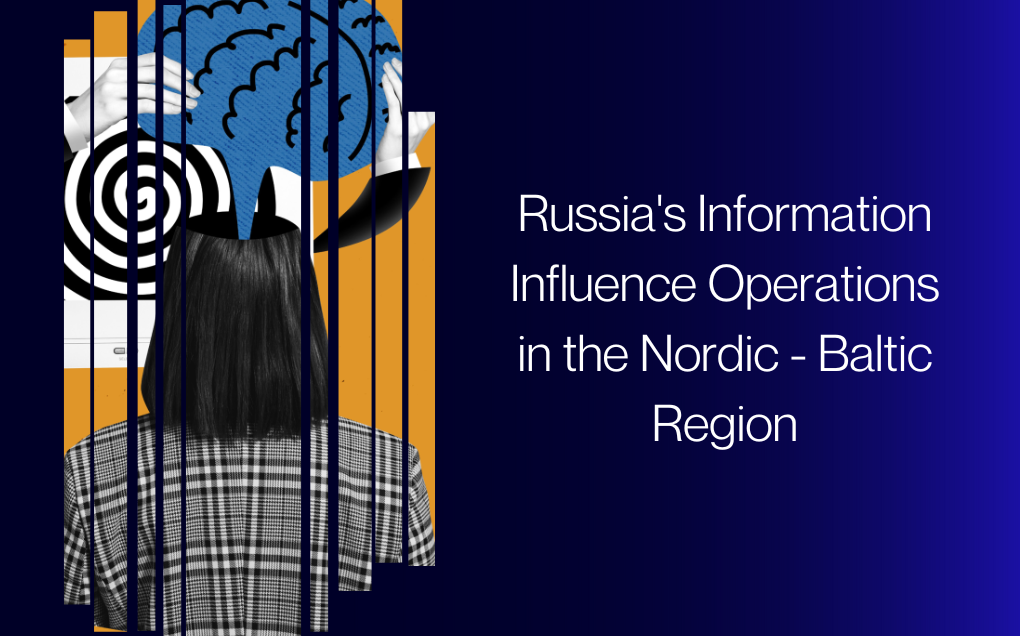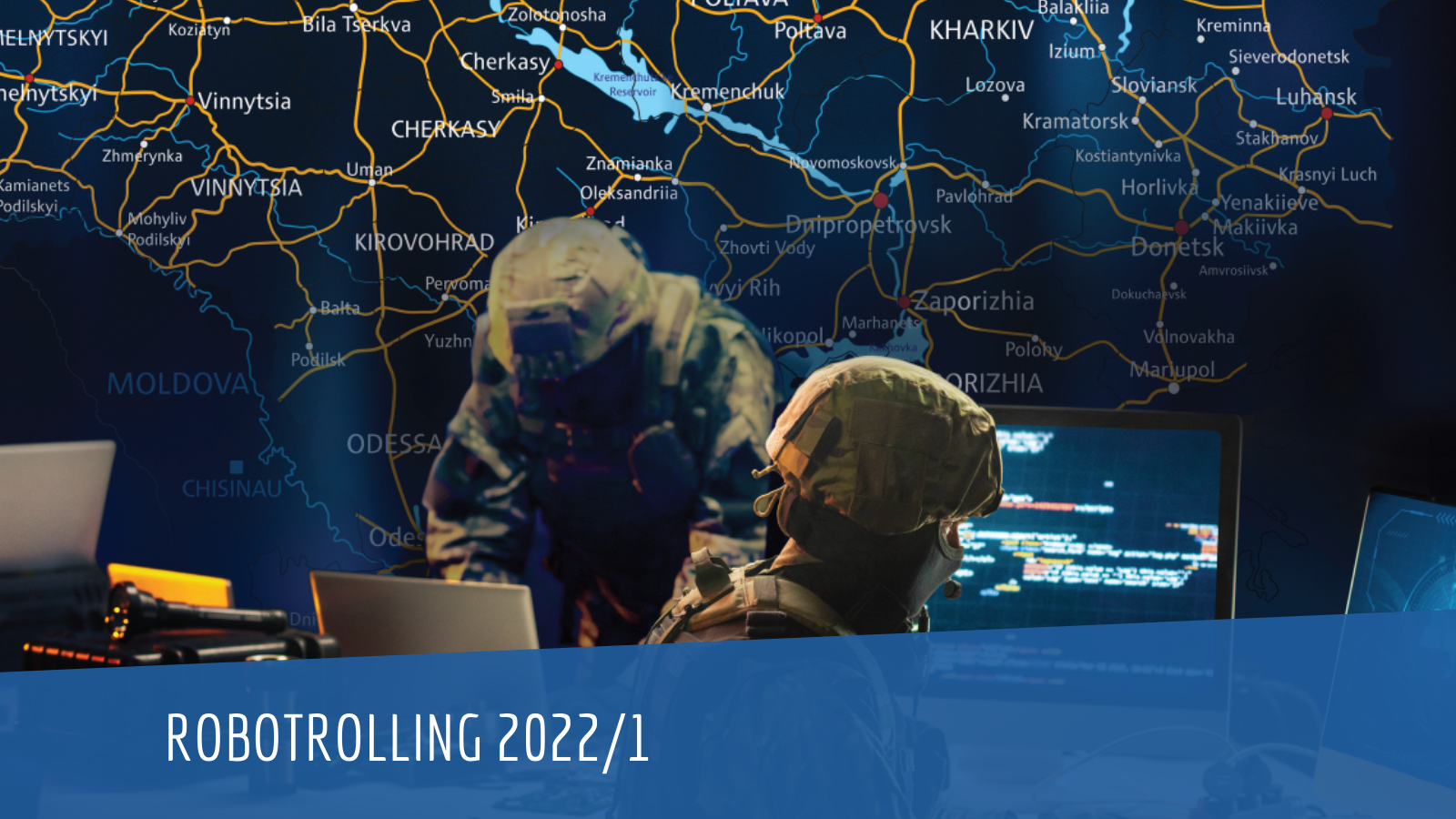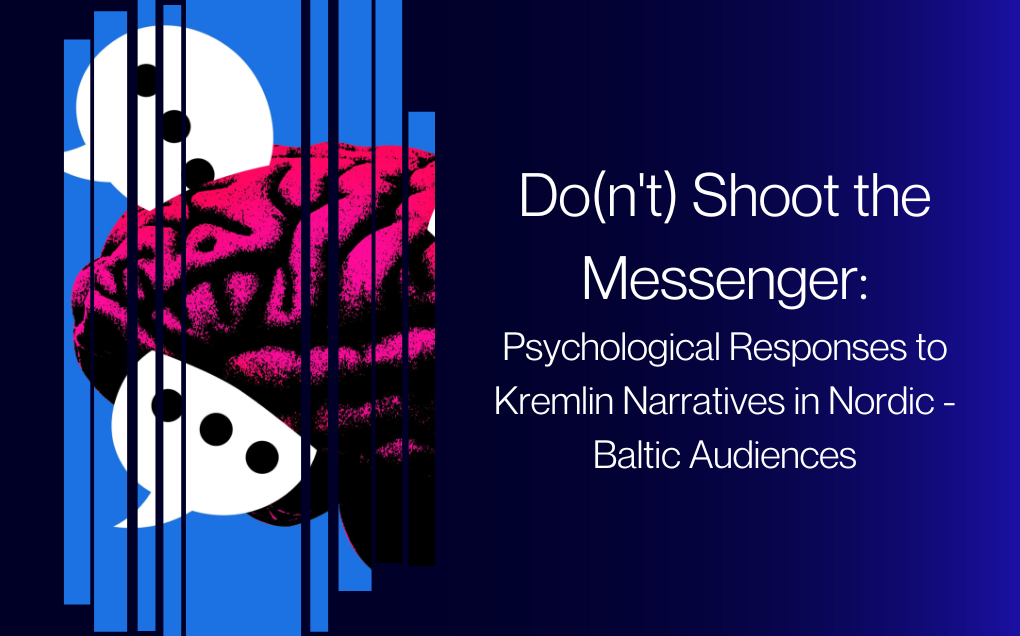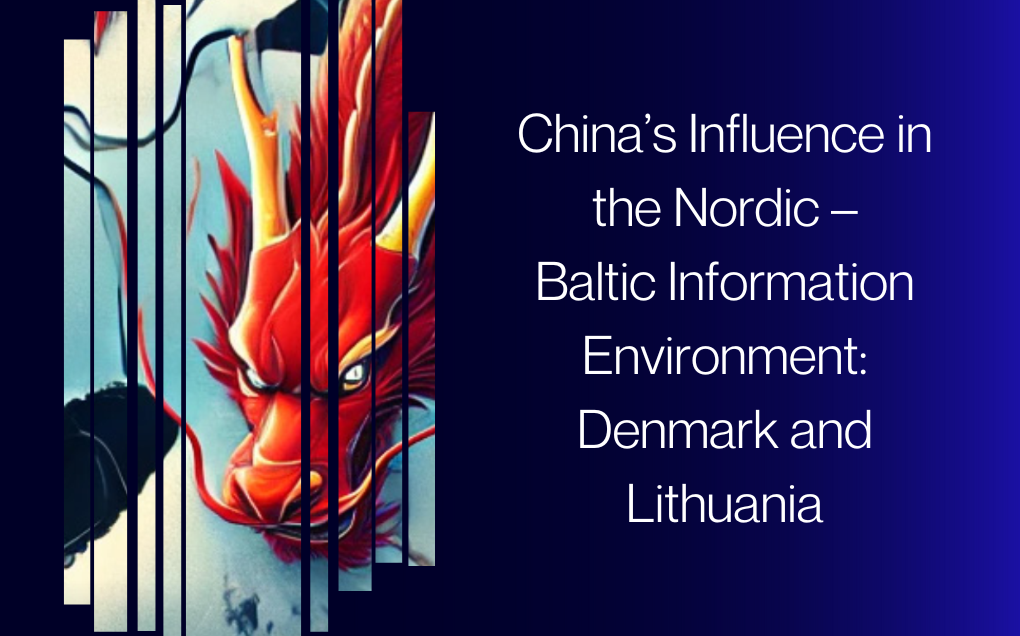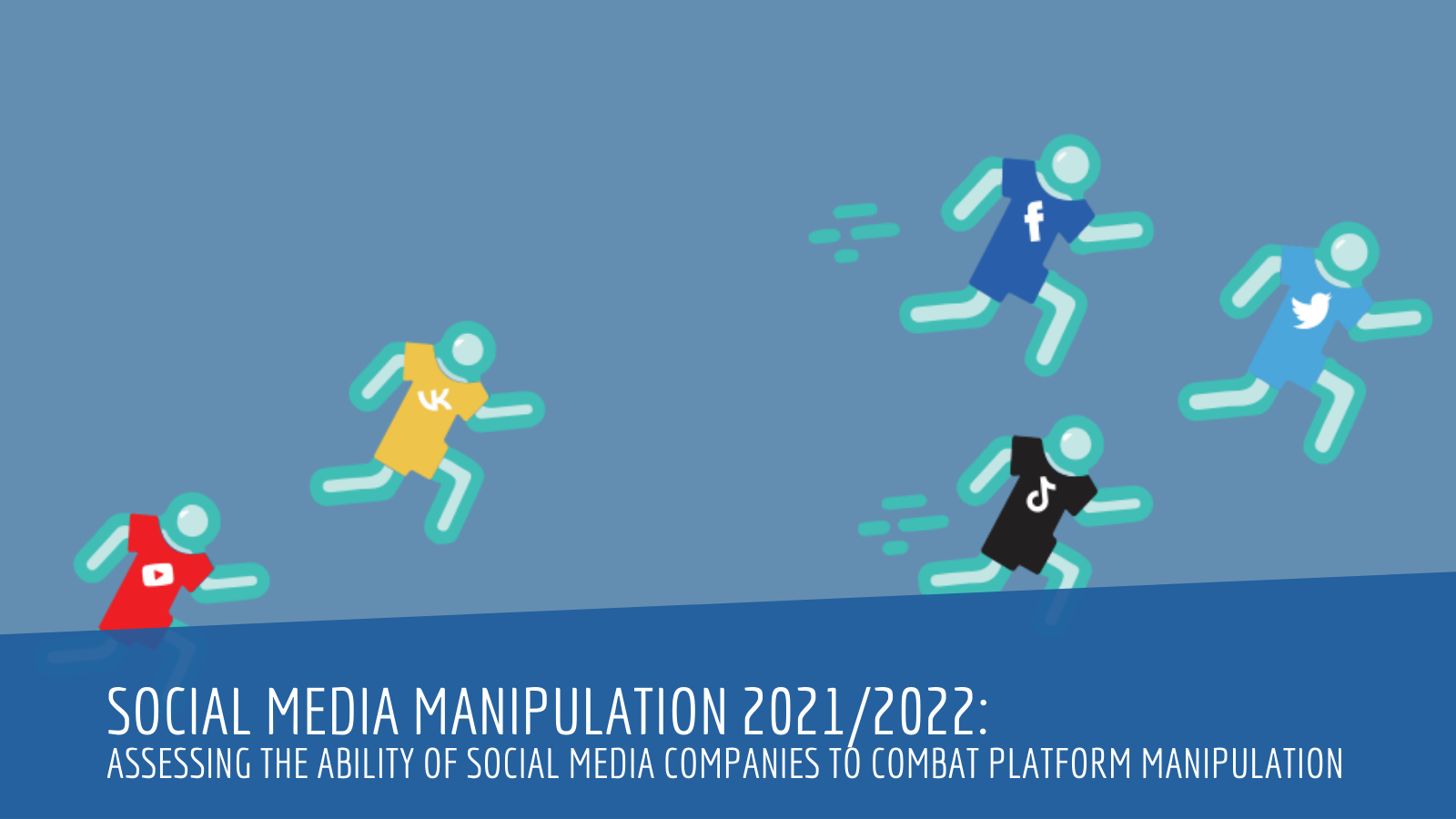This publication has been prepared in the framework of the NATO Strategic Communications Centre of Excellence’s (NATO StratCom COE) project, which explores foreign hostile influence in the Nordic-Baltic region since 2016. This paper looks at Russia’s information influence operations in each of the eight countries (Denmark, Estonia, Finland, Iceland, Latvia, Lithuania, Norway, and Sweden – the NB8) by explaining the historical context and drawing on a number of case studies (2018 – 2023). The authors have dived into nuances of their own domestic sociopolitical environments and their country’s relationship with Russia, and incorporated the effects of the ongoing Russian invasion of Ukraine. The publication explores the factors for the success or failure of Russia’s information influence in the respective countries, as well as assessing the measures countries are taking to mitigate the hostile influence.
